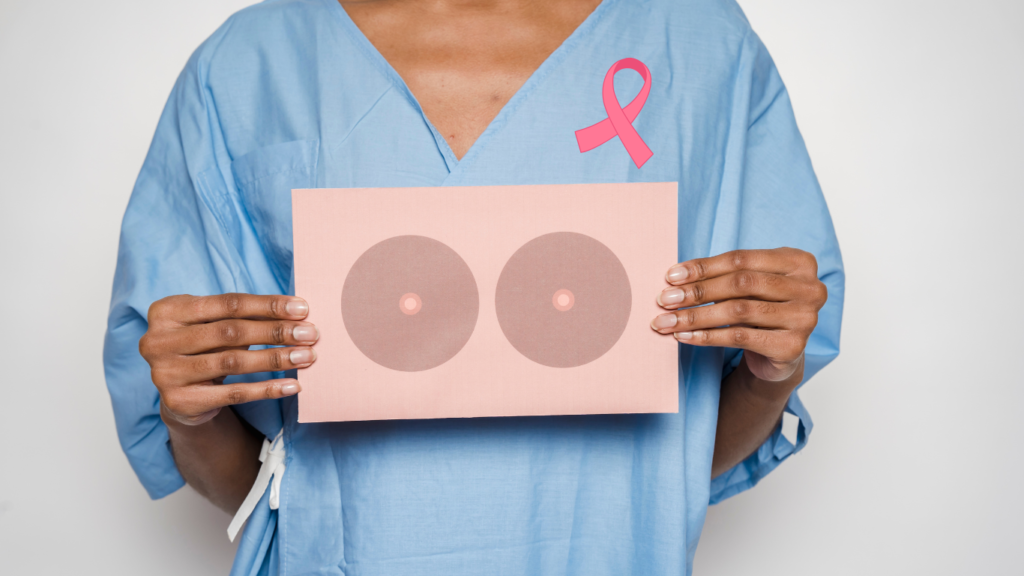Breast reconstruction offers a beacon of hope and empowerment for many women recovering from mastectomies due to breast cancer. However, for older women, this procedure carries heightened risks, raising questions about its safety and the complexities involved. Recent research sheds light on these risks and emphasizes the need for tailored approaches in this demographic.

Studies have consistently highlighted that age is a significant factor influencing the outcomes of breast reconstruction surgeries. A pivotal research study published in the Journal of Plastic and Reconstructive Surgery analyzed data from over 20,000 breast reconstruction patients. It found that women aged 65 and older were more prone to complications such as infections, delayed wound healing, and adverse reactions to anesthesia. Cardiovascular issues, diabetes, and compromised immunity—conditions more common in older adults—further exacerbate these risks.
Dr. Rebecca Carter, a leading plastic surgeon specializing in reconstructive procedures, explains, “Older women often have pre-existing medical conditions that increase the likelihood of surgical complications. Their skin elasticity and tissue quality also differ from younger women, making reconstruction more challenging.”
Psychological and Emotional Implications
While the physical risks are substantial, the psychological impact cannot be overlooked. Many older women prioritize their quality of life and emotional well-being over aesthetic outcomes. This shift in priorities often leads to hesitations about undergoing a potentially risky procedure.
Dr. Anita Sharma, an oncologist, shares her perspective: “For many senior patients, the decision to opt for breast reconstruction is deeply personal. While some find it empowering, others feel the risks outweigh the benefits, especially when considering the recovery time and potential for complications.”
Tailored Approaches for Older Patients
Medical experts emphasize the importance of individualized care plans. Techniques such as autologous tissue reconstruction, which uses the patient’s own tissue instead of implants, may reduce some risks associated with foreign materials. Additionally, advancements in minimally invasive techniques and improved anesthesia protocols have made surgeries safer for older adults.
Pre-surgical assessments play a critical role in mitigating risks. Comprehensive evaluations of cardiovascular health, diabetes management, and overall fitness levels are essential in determining a patient’s suitability for surgery.
A Call for Awareness and Education
Educating patients about the risks and benefits is paramount. Dr. Michael Lin, a breast cancer specialist, stresses, “Doctors and patients must engage in open and honest discussions. Older women should have access to the latest research and a clear understanding of their options.”

Breast reconstruction for older women is not a one-size-fits-all approach. While the risks are undeniably higher, advancements in medical science and a focus on personalized care are transforming outcomes. Older women facing breast reconstruction must weigh the physical, emotional, and psychological aspects, guided by thorough consultations with their healthcare teams. Ultimately, the decision should align with their health, priorities, and aspirations for life after breast cancer.